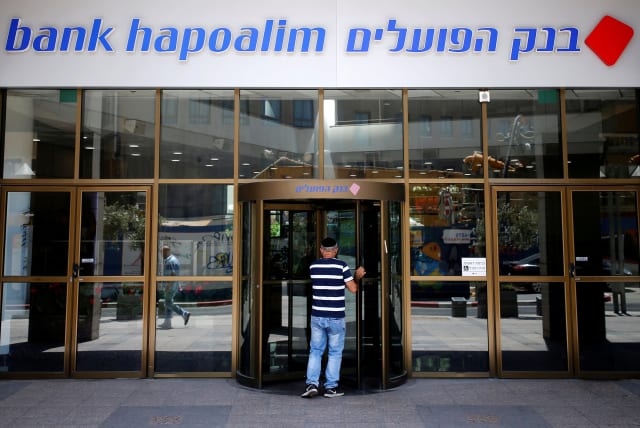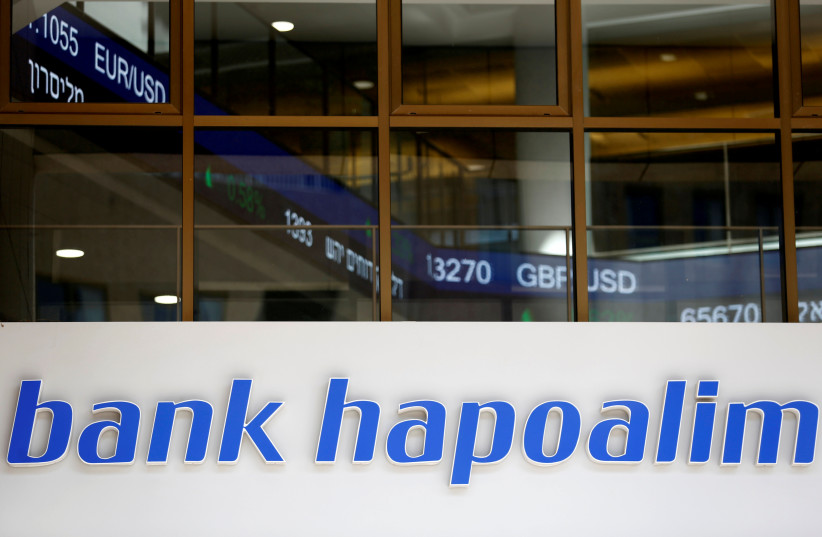Bank shares lose NIS 6.5b. in a day amid judicial reform controversy

The reason for the declines was the reports at the end of the week about deposit holders withdrawing money from the banks
The governance laws and the fear of the results of the judicial reforms were expressed yesterday for the first time in an economic way that directly affects investors' money as the shares of the five largest banks in Israel lost NIS 6.5 billion in value.
The shares of Bank Hapoalim, Bank Leumi and Bank Discount are held by pension and provident funds used by the general public. The declines were noted even though there was no danger to the stability of the banks.
The reason for the declines was the reports at the end of the week about deposit holders withdrawing money from the banks. Recently a group of business people and bankers such as Bank Hapoalim CEO Dov Kotler, Chair of the Board of Directors of Bank Leumi Samar Haj Yehia and CEO of Discount Bank Uri Levin met with Prime Minister Benjamin Netanyahu.
At the meeting, Kotler reported that there has been a withdrawal in recent days, not in large scope and not from the hi-tech sector, of deposit money from the banks. Funds were also withdrawn from Discount and the bank's CEO, Uri Levin, told Netanyahu that "we can't ignore all the economists who express concern about the moves. You must stop immediately and advance the changes by agreement."
Bank Hapoalim CEO warns of judicial reform's results on business market
Bank Hapoalim shares are distributed publicly and the majority are held by foreign investors. In light of the news about the judicial reforms and the fear of damage to the economy, the bank needed to hold clarification talks with the bank's shareholders.
The largest shareholder in Bank Hapoalim is Sherry Arison, who was previously the controlling shareholder. Today she owns about 5% of the bank's shares. A major shareholder in Bank Leumi is the businessman Aharon Frankel, who bought 2.5% of the bank's shares about six months ago as part of a NIS 1 billion fund raised by the bank through a share issue.
Frankel was persuaded by the bank's CEO Chanan Friedman, who didn't attend the meeting with Netanyahu, to make the investment. According to estimates, Frankel is currently losing an amount estimated at NIS 150 million on his investment.
Jerusalem Post Store
`; document.getElementById("linkPremium").innerHTML = cont; var divWithLink = document.getElementById("premium-link"); if (divWithLink !== null && divWithLink !== 'undefined') { divWithLink.style.border = "solid 1px #cb0f3e"; divWithLink.style.textAlign = "center"; divWithLink.style.marginBottom = "15px"; divWithLink.style.marginTop = "15px"; divWithLink.style.width = "100%"; divWithLink.style.backgroundColor = "#122952"; divWithLink.style.color = "#ffffff"; divWithLink.style.lineHeight = "1.5"; } } (function (v, i) { });


